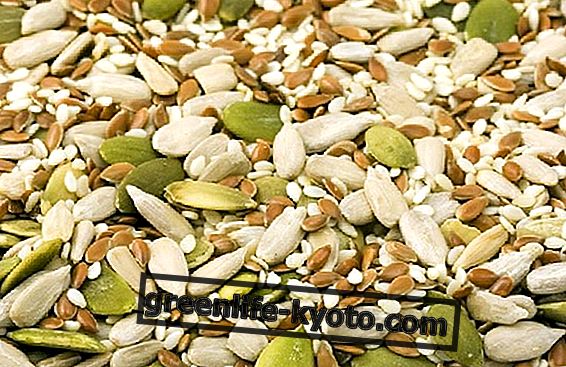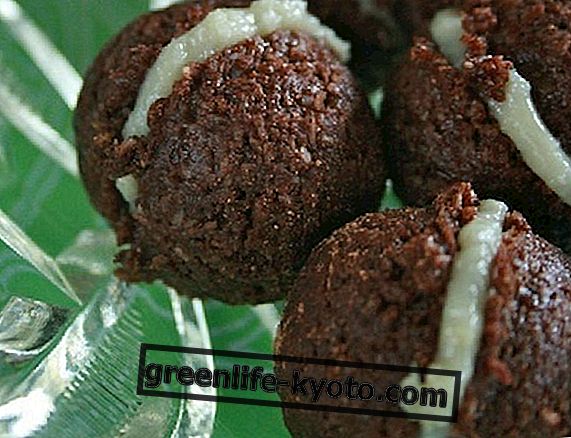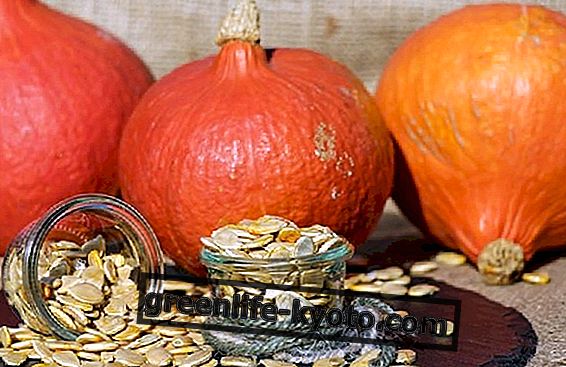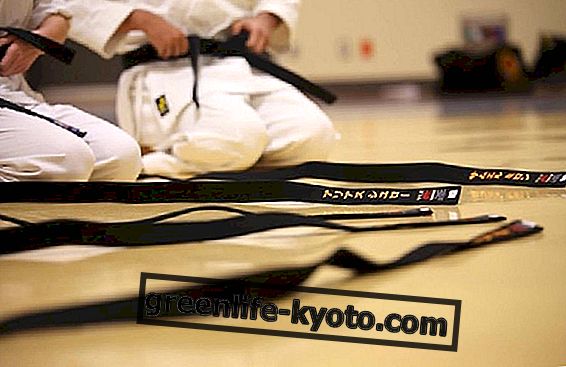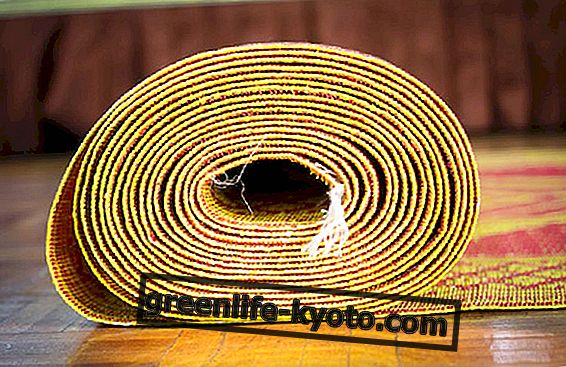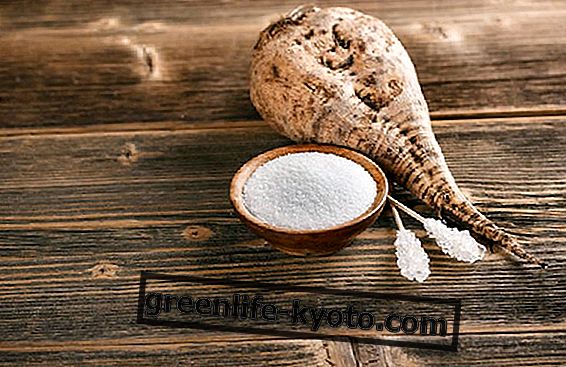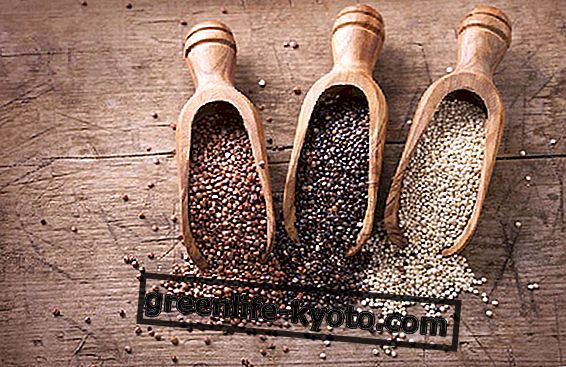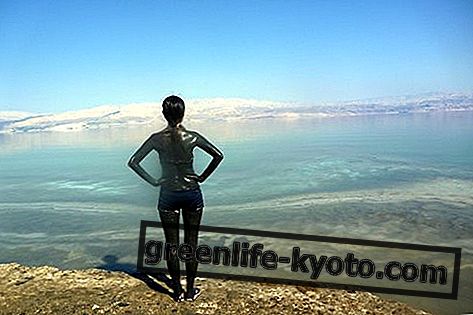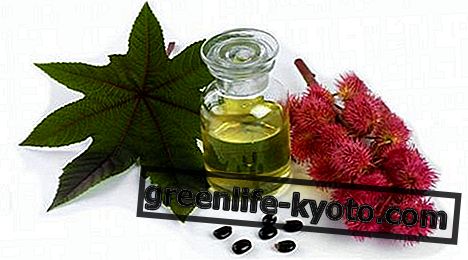
Interview with Valeria Mosca, a young chef of foraging
After having intrigued chefs, enthusiasts and professionals with her fermented cuisine born from the recovery of ancient culinary knowledge based on a sustainable philosophy of life, Valeria Margherita Mosca never ceases to surprise her fans and intrigue.
On the site Italian cuisine presents itself by explaining its profundity in the field of foraging, food and cooking and now the chef is giving away Wood * ing - WIld food lab meetings, educational projects and many new features. Among "mixology", "forager" and "endemic bars" , we discover thanks to this interview what's in store for young and old!
Specifying that this is not an esoteric diet, nor "food for witches", perhaps not everyone is familiar with these terms: what is foraging? And the food industry?
Food is the art of feeding on herbs, flowers and spontaneous plants and the consequent cataloging. It is an ancient art, even if the term was coined only in the age of lights. The f oraging, linked to the surgery, is simply the activity of searching for spontaneous food .
Your culinary history is surprising and highly innovative, undoubtedly something in the making and that will open many hints: what did the idea of cooking like this come about in you?
It is something born even before starting to cook, linked to childhood memories passed with my grandmother who was my first teacher, taking me around the woods to collect wild subsistence plants.
For her, as for many of her generation, it was nothing new, it was the easiest way to get food at a time when there was less consumerism. Now I believe that a new need is being made, to restore certain values and insert them into a broader spectrum, knowing that we cannot continue to waste resources on our planet.
How does Italian culinary tradition combine with foraging and fermented cuisine? What did you take instead from the traditions of other countries?
When we think of fermentation techniques, Asia comes to mind immediately. In reality some of them are part of our food identity and therefore of our cultural identity.
I'll give you the example of lactofermentation, one of the most used methods by mountain alpine farmers for winter subsistence. Thus the plants and plants collected during the summer fermented, ensuring nourishment during the colder months .
Same thing for the collection. The Italian alimurgical tradition has strong and ancient roots . Until the end of the 1800s and in some areas until the first decades of the 1900s, the man belonging to the middle-low classes fed on 80% of wild food. Everything that was cultivated was sold or sold to the upper classes.
To be forgotten about these "attitudes" is a recent thing, certainly following industrialization, food globalization, intensive agriculture.
Working the material through fermentation techniques connects us to our cultural identity, using wild ingredients does nothing but making the kitchen become a true expression of the territory and at the same time regain possession of our forgotten identity, making it contemporary.
How is the important Wood * ing project growing? Among laboratories, fermentation courses and tastings, is it conquering a diversified public or is it destined to be a niche for enthusiasts?
I would say that it is growing very well. I immediately found openness and enthusiasm in exploring our organization. The training, the tasting dinners, but also the continuous and numerous invitations to important congresses in the sector are among the best means to spread our wide-ranging idea, gathering broad consents.
Have you ever experienced a plant that you knew little about and that gave unpleasant or toxic results?
We assume that for foraging, it is necessary to have important bases of toxicology and botany . This is very important for obvious reasons and it is a point that I will never tire of repeating. So I never happened to run into toxic plants.
Maybe there may be plants that, at first glance, have a particular flavor and here is the ability to treat it or combine it with the right ingredients to make the dish balanced organoleptically.
How important is it - especially for budding chefs - not to imitate your work without a good knowledge base?
As I said before, there is no sudden forager, because to fail to recognize eun food can prove fatal.
Conversely, what is the ingredient that gave you and continues to give you more satisfaction? Which dish do you prefer to prepare?
I always amaze myself with too many things when I'm in the middle of uncontaminated nature or in the kitchen with new ingredients. I could never choose!
Reading "Wild Mixology" it is interesting to see how even the cocktails you propose are "wild": which is the most particular?
The mixology is an expanding discipline and I believe that, for this reason, it needed to expand to new ingredients but above all to new techniques, firm and stale for too long now.
A good bar professional must always and perfectly handle the classic and traditional techniques, but open mixing to new horizons I think it has now become indispensable. A bit like it was for the kitchen a few decades ago. I don't have a favorite cocktail, I like them all.
Can you tell us about other projects that you have or have in store for the future?
In a very short time, a matter of days, we will open the Wood * ing Bar in Milan, the first bar totally endemic in the world, where you can taste our cocktails and taste some of the dishes created by the Lab.
Soon we will start with the project "Thinking like a forest", where we design experimental fields of wild plants with low environmental impact, to recover old agricultural areas and disused pastures.
We will launch, in collaboration with ERSAF, the first campuses for children, to bring them closer to nature and foraging. And, from the next school year, and I am particularly proud of this, we will take foraging in elementary and middle schools, with a cycle of three lessons within the school program.
